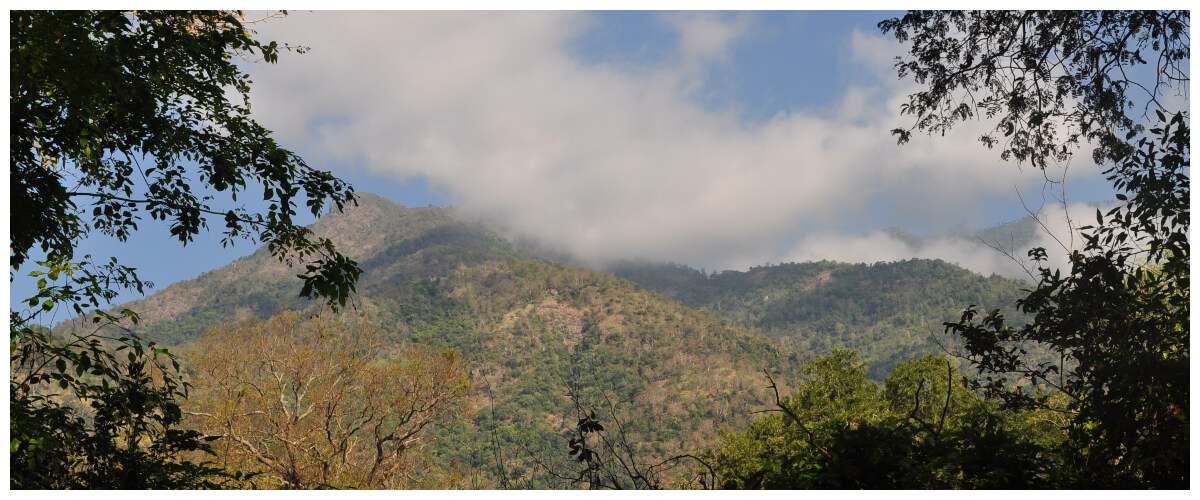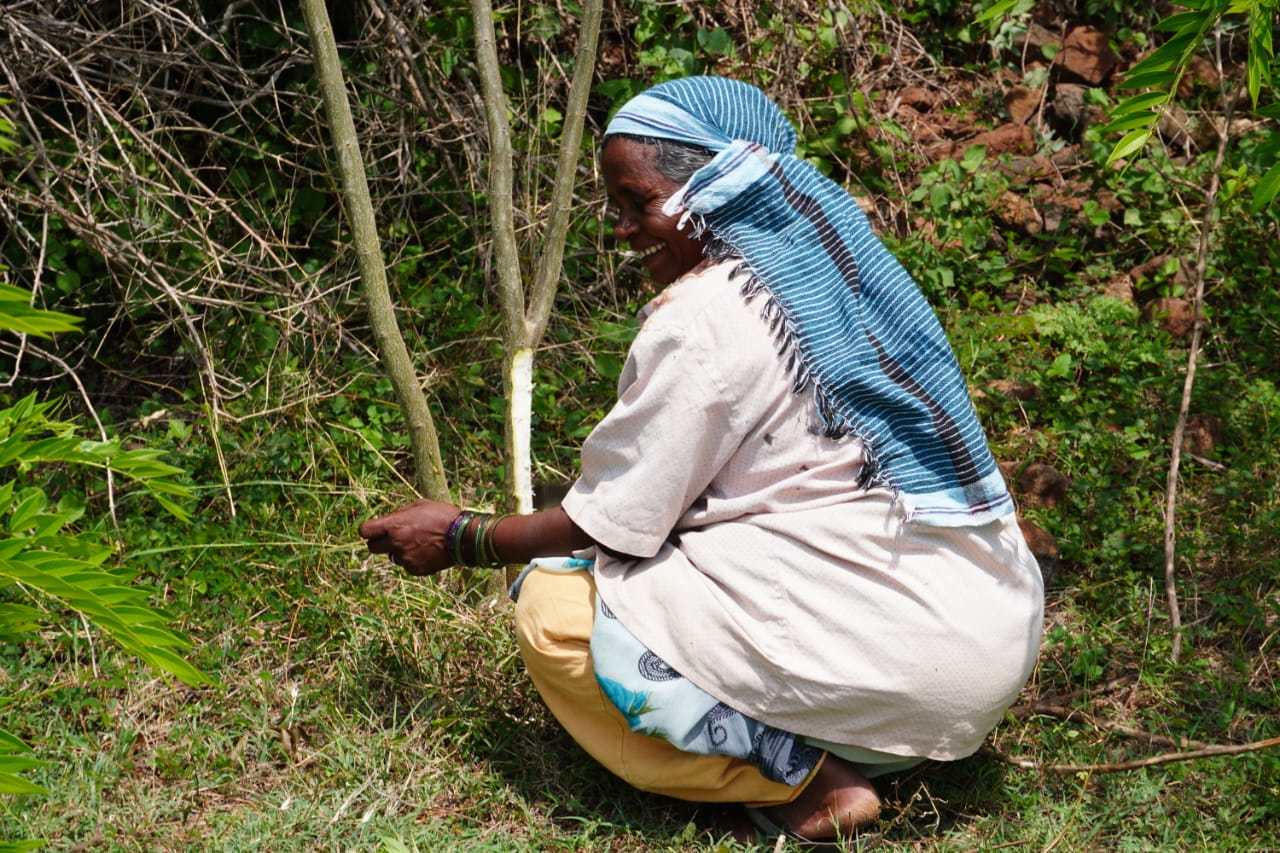The main role of the Environment Ministry is to conserve, improve and safeguard the forest and wildlife of the country. Absurdly, the intention has been the opposite in our country. The pandemic is evidently showing us – how human-wellbeing is linked to the health of our environment. Despite this, our nodal agency is failing to uphold the principles of our environmental law.
In an attempt to kick start our tumbling economy, the government is capitulating to the pressure by allowing industries to violate environment clearance norms. While many believe, this is the time to rethink and redefine our systems that exploit’s nature for profits, our ministry seems to be thinking otherwise.
First, the time at which all this is taking place is questionable. In the middle of a health emergency, the government is sanctioning mining, infrastructure and industrial projects across the country. Many environmentalists and activists are raising concerns about the laxity of the ministry’s decisions to fast track proposals.
However, the MOEFCC is urging states to carry out clearances through video conferencing. The ministry argues that the step taken is to decentralise the proposals to the state level. To promote the ease of doing business, an irrational move to allow industries to prove their innocence when it comes to environmental degradation is inappropriate.
Furthermore, an amendment is made to the Environment Impact Assessment (EIA) notification 2006 (a process that evaluates environmental impacts caused by a proposed project). Now, projects that earlier required screening will no longer be scrutinised post the amendment. The EIA cycle has four stages of processes – out of which public hearing is one of them. This is also being scrapped through the amendment. Weakening the public consultation process and pushing for clearances during a time when people’s speech, expression & movement are controlled spells deception.
Even after the Supreme Court has intervened and expressed its disapproval, the stance taken to provide a lifeline to projects that will be detrimental to forests, wildlife and indigenous communities, lays their intentions down clearly. The question we should ask ourselves is – why wasn’t the same lifeline shown to a quarter of the population in the country that has lost their livelihood.
Instead, they have taken a further step to cause more distress – this time it is the wildlife and indigenous communities. Many of these projects that are being allowed to operate without prior clearances, will have adverse effects on the existing rich biodiversity says reports in the media. The EIA amendment has even diluted the power of Gram Sabha’s. Now industries can sidestep the Gram Sabha consent to commence a project in a community forest land.
This, over that…
The finance package announced a week ago opens up many sections to the private sector – the disguise here is “for public good” – but what is concealed is the interest for private players. They are the ones that will benefit most from the so called government measures. This is all at the cost of our environment.
The reiteration that these measures will bring the economy back and will provide jobs to people is far from logic. Take the CAMPA funds (6000 crores announced in the financial package) for example. Deemed as an organised way to divert primary forest, the government claims that this fund will be utilised for employing Adivasi people for afforestation and other conservation activities.
In the past, there have been many cases where communities were driven away without consent from their own traditional lands despite provisions in the FRA. Most of these evictions have been due to diverted forest lands for non-forestry purposes. Imagine this – asking you to leave your own house so it can be demolished for other purposes, and then giving you a job to construct a new house.
Now, you decide if this is redemption or victimization?
Tragedy of Commons
Previously and now, irrespective of the government in power, the environment has always been undervalued. Now given the COVID situation – the trade off between saving the economy and protecting the environment will have serious implications. Allowing private interest to act independently will only create more inequality that is already soaring in our country.
Clearly the stimulus package has ignored the farmers, tribals and the workers of the informal sector. You must seriously have blinders if you can’t see that the immediate steps taken, are to bail out the wealth creators. Crisis capitalism is coming our way and it wants all of what you have, except your consent.
By Ritwick Charles
This is a personal blog. The views and opinions expressed in this article are those of the author and do not necessarily reflect the people, organisation or the associated institutions.


















